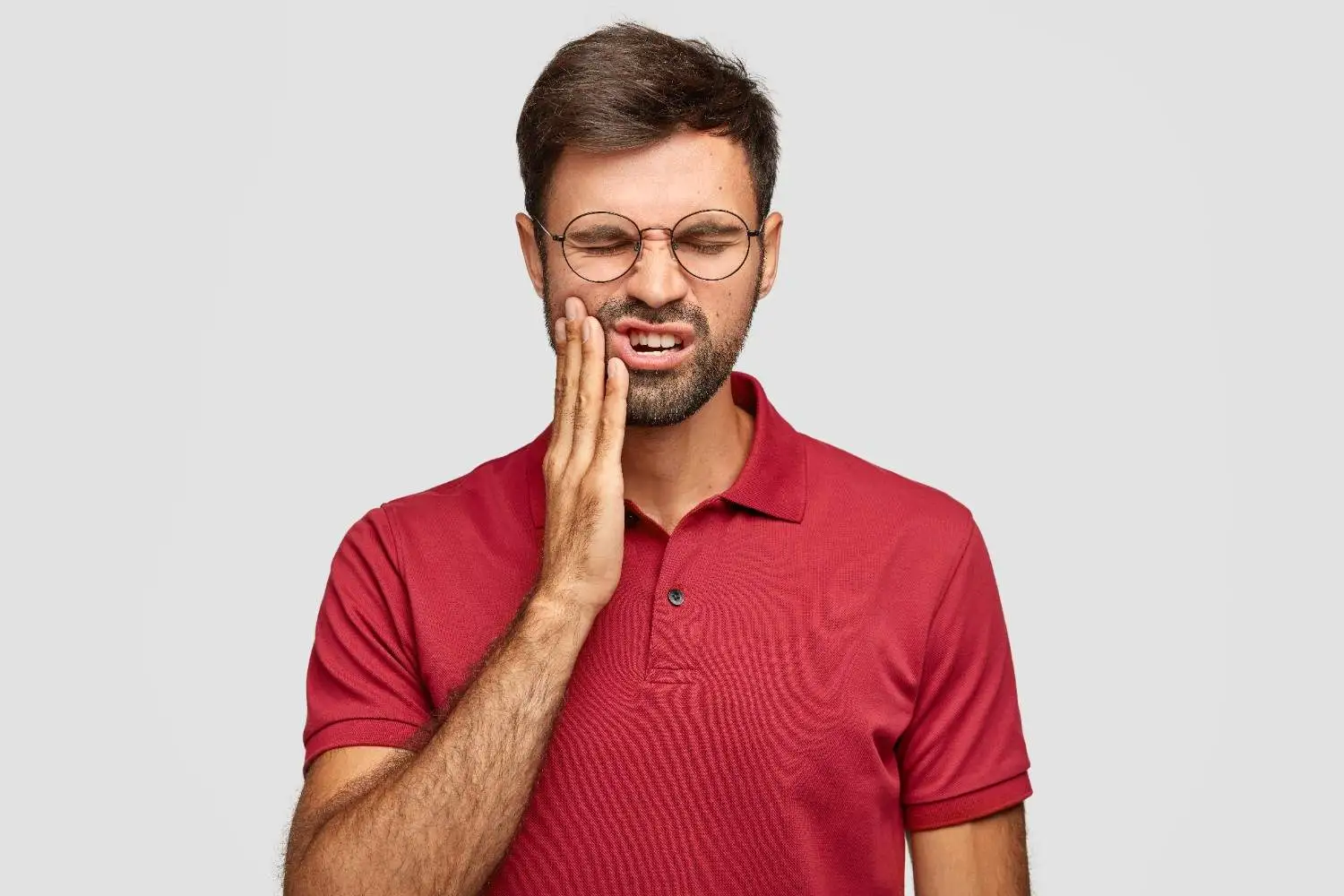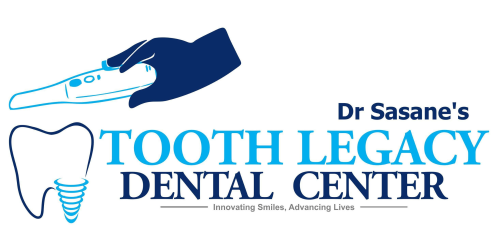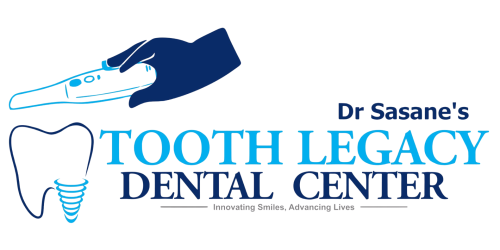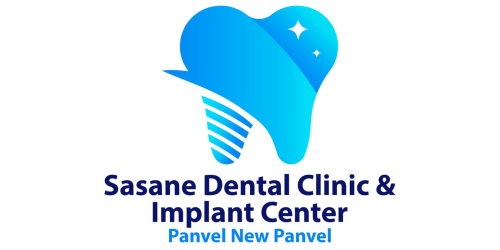
Have you ever thought that the reason behind your tooth sensitivity or frequent cavities might not be bad luck, but something you do every day? You’re not alone. In fact, most dental damage isn’t caused by sudden trauma, but by small, repeated actions we barely notice. A study published in the Journal of Clinical Periodontology found that over 70% of long-term oral health issues stem from daily habits—many of which people don’t even realize are harmful.
The worst part? These habits often cause cumulative damage. It doesn’t hurt today, so you keep doing it tomorrow. But over time, those little choices add up—until one day, you’re facing pain, sensitivity, or worse: preventable decay.
In this post, we’ll reveal 15 common habits that could be silently harming your smile and more importantly, how to stop them before they take a toll on your teeth. Let’s dive in!
Brushing & Oral Hygiene Habits That Backfire
You brush twice a day like a good dental citizen—but are you brushing right ?
1. Brushing Right After Meals
It seems logical: eat, then brush. But after meals—especially acidic ones like citrus fruits or soda, your enamel is temporarily softened. Brushing immediately can wear it down faster than normal. Wait at least 30 minutes before brushing to let saliva neutralize acids and re-harden enamel.
2. Brushing Too Hard or With Hard Bristles
Aggressive brushing feels thorough, but it actually harms your gums. Over time, this can lead to gum recession, exposing sensitive roots and increasing the risk of tooth sensitivity and decay. Use a soft-bristled brush and gentle circular motions.
3. Using Expired or Worn-Out Toothbrushes
Your toothbrush should be replaced every 3-4 months or when the bristles fray. An old brush can’t clean effectively and may harbor bacteria that contribute to gum disease.
4. Skipping Tongue Cleaning
Your tongue is a breeding ground for bacteria. Not cleaning it means those germs get redistributed across your teeth, contributing to bad breath and plaque buildup. Add a quick tongue scrape to your nightly routine.
Eating & Drinking Habits That Hurt Your Smile
What you eat and drink plays a bigger role in your oral health than you think even “healthy” foods can be sneaky culprits.
5. Sipping Drinks Slowly Over Hours
Sipping soda, juice, or even tea throughout the day keeps your mouth in an acidic environment. This constant exposure erodes enamel far worse than drinking the same beverage all at once. Try using a straw and limiting sipping sessions.
6. Frequent Snacking on Healthy But Sticky Foods
Raisins, dried fruit, granola bars—while nutritious, their stickiness means sugar lingers on your teeth longer. Pair these snacks with water or a rinse afterward to wash away residue.
7. Overusing Lemon Water, Apple Cider Vinegar, or Kombucha
Trendy wellness drinks aren’t always friendly to your teeth. These items are highly acidic and can strip away enamel over time. If you enjoy them, drink through a straw and rinse your mouth with water afterward.
8. Chewing Supari / Mishri / Gutka
Common in many Indian households, chewing supari, mishri, or gutka is a dangerous habit. The combination of abrasiveness and addictive substances accelerates tooth wear, staining, and oral cancer risks. Breaking the habit early is crucial for long-term oral health.
Lifestyle & Stress-Related Habits That Affect Oral Health
Some of the most damaging habits aren’t directly related to food or brushing—they’re tied to lifestyle and stress.
9. Chronic Mouth Breathing (Especially During Sleep)
Breathing through your mouth dries out your oral cavity, reducing saliva flow. Since saliva protects against acid and cleanses your teeth, mouth breathing increases cavity risk and causes bad breath. Talk to your dentist about solutions like nasal strips or orthodontics.
10. Teeth Grinding at Night (Bruxism) or Day Clenching
Many people grind their teeth during sleep or while stressed without realizing it. This leads to microfractures, flattened molars, and increased sensitivity. A custom nightguard from your dentist can protect your teeth from further wear.
11. Using Teeth for Non-Eating Tasks
Opening packages, tearing tags, or holding tools with your teeth may seem harmless, but it can cause cracks, chips, or even broken teeth. Keep a pair of scissors handy instead.
12. Skipping Water or Being Frequently Dehydrated
Staying hydrated isn’t just good for your body—it’s essential for your mouth. Saliva is your first line of defense against decay. When you’re dehydrated, your mouth becomes dry, making you more prone to plaque buildup and cavities.
Neglect & Missteps in Daily Dental Care
Sometimes, what you don’t do matters more than what you do.
13. Ignoring Floss or Interdental Brushes
Brushing only cleans about 60% of your tooth surfaces. The rest—between your teeth—is where plaque hides and turns into tartar. Make flossing or interdental brushing part of your nightly ritual.
14. Delaying Repair of Lost Fillings or Cracked Teeth
A missing filling or cracked tooth exposes inner layers to bacteria, speeding up decay. Even if it doesn’t hurt now, waiting too long can mean needing a root canal or extraction later.
15. Self-Diagnosing with Google Instead of Seeing a Dentist
Tooth pain or a strange spot might seem easy to diagnose online, but symptoms can be misleading. What starts as a minor issue can become serious if left untreated. Always consult a professional for accurate diagnosis and timely care.
Bonus: Habits That Compound Over Time
When multiple harmful habits stack together, the damage multiplies. For example:
- Brushing too hard → wears enamel
- Sipping lemon water → adds acid erosion
- Skipping floss → allows plaque buildup
Here’s how the damage progresses:
|
Time-Frame |
What Happens |
|
3 months |
Increased tooth sensitivity |
| 6 months |
Noticeable enamel wear |
| 12 months |
Cavities, gum inflammation, possible infection |
Prevention starts with awareness and action.
Ready to Protect Your Smile?
If any of these habits sound familiar, don’t panic, you still have time to make changes and reverse the damage before it becomes irreversible.
Worried you might be doing some of these?
Visit Sasane Dental Clinic in Panvel for a habit-based dental assessment tailored to your lifestyle. Early detection and personalized guidance can save your smile and your future dental bills.
Your teeth deserve better than accidental harm. Take control today!
Frequently Asked Questions (FAQs)
What everyday habits damage teeth the most?
Some of the most common tooth-damaging habits include brushing too hard, sipping acidic drinks all day, grinding your teeth at night, mouth breathing, and using your teeth as tools (like opening bottles). These habits may seem harmless but can lead to enamel wear, sensitivity, gum recession, and even cavities over time.
Is brushing after every meal bad for teeth?
Yes, brushing immediately after eating — especially acidic foods like citrus or soda — can actually harm your enamel. Acid softens the enamel temporarily, and brushing right away can scrub it away. Wait at least 30 minutes to let your saliva neutralize the acid before brushing.
Does mouth breathing affect dental health?
Yes, chronic mouth breathing — especially during sleep — dries out your mouth and reduces saliva flow. Since saliva helps protect your teeth from acid and bacteria, reduced production increases your risk of cavities, gum disease, and bad breath.
What happens if I use an old toothbrush?
Old or worn-out toothbrushes lose their effectiveness and can harbor bacteria that contribute to gum disease. You should replace your toothbrush every 3–4 months or sooner if the bristles are frayed.
Are sticky healthy snacks bad for teeth?
Even “healthy” snacks like raisins, dried fruit, and granola bars can be harmful because they stick to your teeth. This allows natural sugars to sit on your enamel longer, feeding cavity-causing bacteria. Always rinse your mouth or brush after eating them.




